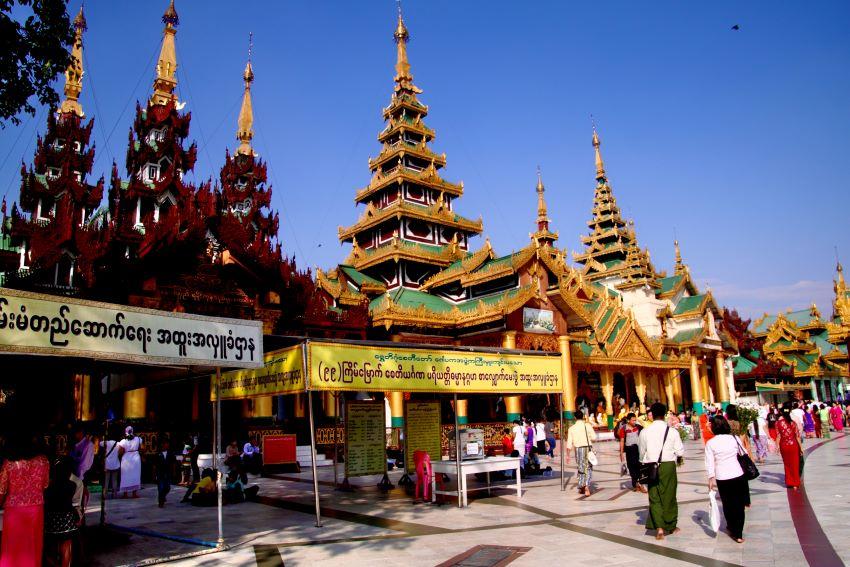Reflections on Cultural Sensitivity – Notes from Myanmar
Building cultural sensitivity, the ability to decipher cultural differences, is a long-term process of active engagement in cross-cultural interactions. Researchers conducting research in a foreign culture must not only continuously reflect on their existing assumptions, but must become culturally sensitive and respond to cultural differences in an empathetic and helpful manner.

Since Myanmar abandoned its isolationist policy and opened its doors, I have developed great interest in this Land of Wonders. My research about labour dispute resolution in a Chinese-invested factory in Myanmar involved approaching the local workers. As fieldwork continued, I became aware that ‘anade,’ a Burmese cultural characteristic, was an important influence. ‘Anade’ is typically felt as a restraint on self-assertive behaviour, and a sensitivity to other people’s feelings. Thinking that a direct rejection or refusal to answer my questions would make me ‘lose face,’ the Burmese workers tried many indirect ways to politely reject me. For example, they gave irrelevant answers, repeated the same answers, and said they had no idea how to answer, despite my clarification.
My cultural sensitivity helped me to make appropriate adjustments. I avoided ‘straight-to-the-point’ questioning that might cause discomfort. Rather, I observed interactions in the field and invited Burmese workers to share their stories. I noticed that they were actually quite willing to share their memorable work experiences and true feelings to me. The same results could hardly be achieved with direct and assertive interview techniques.
